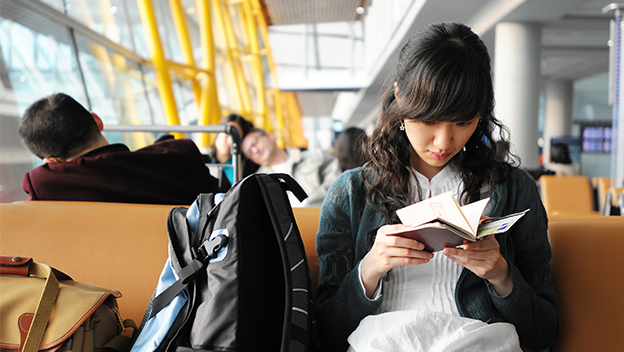
In September 2019, cash remittances sent home by overseas Filipino workers grew to $2.379 billion, at least 6.24 percent higher than the total posted in the same month in 2018. These remittances are a key driver of real property demand and household spending in the Philippines.
This growth hides a disquieting figure: only 3 out of 10 workers and their families are able to set aside a portion of their funds for savings, a recent analysis by the Bangko Sentral ng Pilipinas (BSP) found.
“As remittances consistently account for 10% of the Philippine GDP, OFWS are indeed modern-day heroes,” explained the late BSP Governor Nestor Espenilla Jr. “Yet we continue to hear stories of OFWs facing financial struggles.”
Less than 10 percent of our bagong bayani are able to invest their money, Espenilla said, as the majority of total expenses of all overseas Filipino workers and their families still go to food and personal consumption. If OFWs can just save 10 percent of their income regularly, the Central Bank official said this would translate to a total potential annual savings of at least $2.6 billion.
According to Gemmy Lontoc, a member of Registered Financial Planners (RFP) Philippines, OFWs must have a clear financial goal that can be achieved in three key steps: Save. Invest. Insure.

Save: Grow your nest egg.
You might be earning five to six figures’ worth in pesos, but that can just go up in smoke if you don’t budget part of your income for savings. Smart savers (not just OFWs) follow the “pay yourself first” principle—setting aside savings before spending any discretionary money. This allows you to cover your financial goals first (savings included) before you spend your money on beer or that new cellphone.
Your savings, in turn, will not grow as much as you want them to in regular savings accounts. It’s better to invest in harder-working savings vehicles, like unit-linked savings plans attached to expertly-managed funds, offering higher long-term earning potential.
Invest: Lay the groundwork post-“balikbayan”.
As an OFW, you probably aspire to stop working overseas and retire comfortably to enjoy all the things you never had the chance to do. Building on your wealth is key to living your life without worries.
Investing your money—in high-return funds or stocks or a promising business—can ensure your hard-earned nest egg grows sustainably even after you’ve left that high-paying OFW job behind. If you choose the business route, you can even rely on government programs specifically designed to help you make your business a reality!
Insure: Protect your family's finances and health.
You had to leave the country and your family behind, in the hope of providing a more secure future for your loved ones. Buying life insurance takes it one step further, by making sure the financial security you’ve built for your family doesn’t go away even after you’ve left the scene.
At its most basic, insurance leaves behind a cash benefit to your beneficiaries in case of an unexpected tragedy, ensuring their needs are taken care of even after you’re gone. Many plans include optional riders that extend their protection even further, such as hospital income to protect your cash flow if you can’t make a living; or critical illness coverage that can provide an additional cash benefit if you’re afflicted by a major debilitating condition.
You have all the means to protect your family, but it all boils down to making a plan. According to RFP’s Gemmy Lontoc, every OFW must have a financial goal, else they risk wasting all the time and income tied up in their years abroad. "This (financial goal) should be supported by a plan anchored on saving, insuring and investing," said Lontoc.



